10 Things You Must Know Before You Go
Planning your first safari? These 10 essential African safari travel tips cover the real-world details that make a difference—what to wear, how game drives work, how to pack light, and the etiquette that keeps you and the wildlife safe. Expect early starts and golden-hour sightings, with most viewing at dawn and late afternoon. Dress in neutral layers, skip camouflage, and avoid dark blues or blacks that can attract tsetse flies. Bring a hat, SPF, and a light buff for dust on bumpy tracks. Budget for tips when not included, and choose operators who put wildlife welfare first. Here’s how to get the magic without the mishaps.
1. Travel Insurance

As soon as your safari plans are confirmed, make sure to secure reliable travel insurance. Choose a policy that includes trip cancellation, medical emergencies, and evacuation coverage, especially when travelling to remote safari destinations. It’s also wise to have protection for hospital care and unexpected delays. Keep a copy of your policy and the emergency contact numbers with you at all times — both in digital and printed form — for quick access if needed.
2. Personal Safety
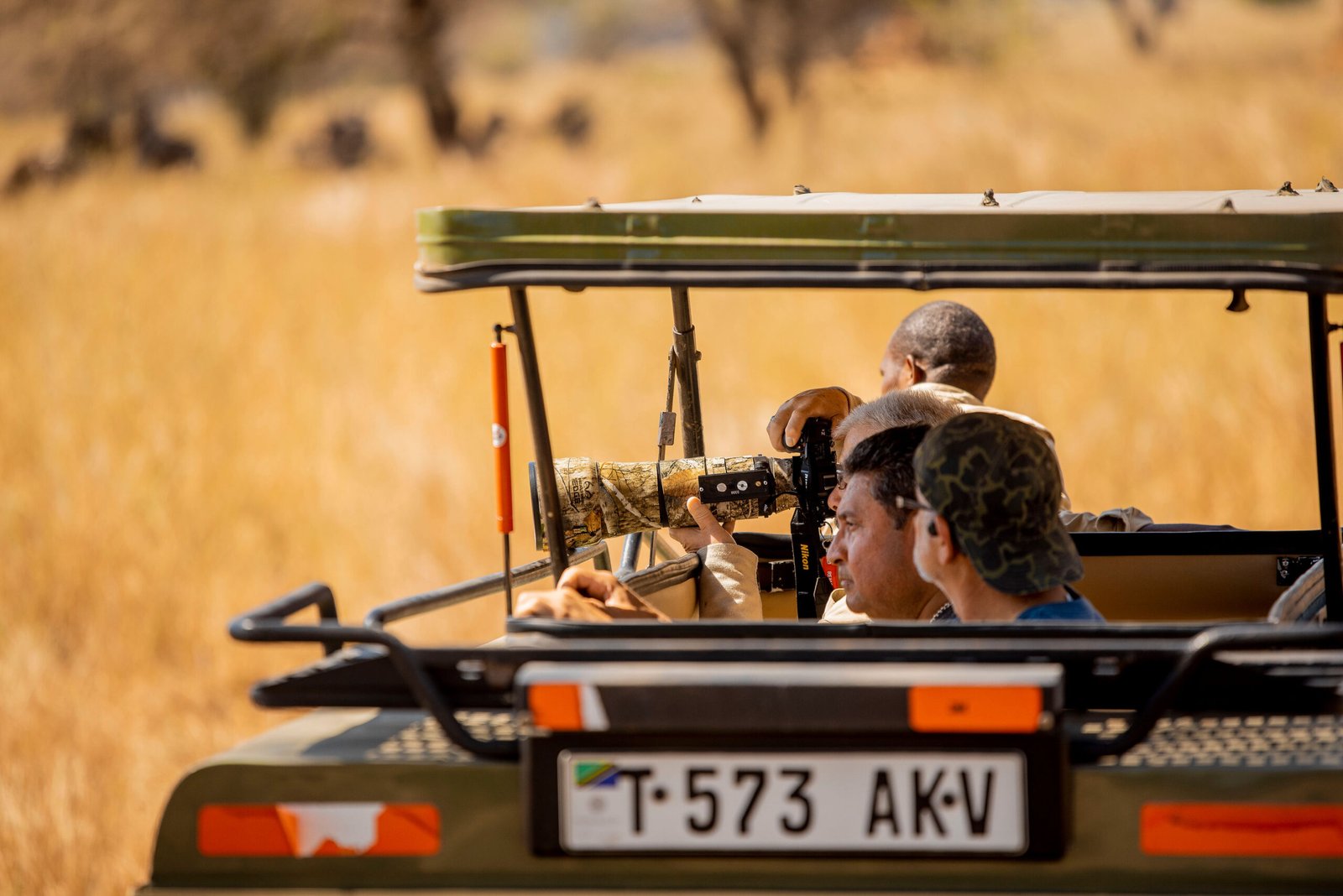
Your personal safety on safari is mostly about using common sense and staying alert. The same precautions you’d take at home apply while traveling in Africa. Follow these essential guidelines:
• Avoid carrying large sums of cash. Most lodges and camps accept credit cards, so take only what you need for small purchases or tips.
• Keep important documents secure. Store your passport, travel insurance, and credit cards in a hidden money belt or a pouch under your clothing.
• Stay aware in crowded areas. Always keep an eye on your bag in airports, markets, and restaurants. Never leave your belongings unattended.
• Do not walk alone at night. Always move with a guide or companion, especially when outside your lodge or in unfamiliar areas.
• Leave valuables in a safe place. Keep passports, tickets, and cash locked in your room or lodge safe when you go out.
• Keep tempting items out of sight. Phones, cameras, and handbags should be stored securely or handed to management for safekeeping.
• Avoid wearing expensive jewelry. Leave valuable accessories at home to prevent loss or unnecessary attention.
3. Cash, Credit Cards & ATM’s

When traveling in Africa, it’s wise to carry a mix of cash and a credit card. The US Dollar is the most widely accepted currency across safari destinations such as Tanzania, Kenya, and Botswana. The Euro and British Pound Sterling are also accepted in many places.
• Carry both cash and cards. Take some US dollars (preferably newer notes printed after 2000) and at least one international credit card for larger expenses. Travelers’ cheques are rarely accepted anymore in most African countries.
• Budget for on-the-ground costs. Bring about US$150–$250 per person per week in cash for tips, souvenirs, and visas on arrival — these must often be paid in cash and in the exact amount.
• Avoid street money changers. If you must exchange money, use official banks or bureaus de change. Street vendors may try to switch your bills or hand you counterfeit notes. Always count your money in full before handing yours over, and never let it out of sight.
• Know local currency laws. Many African countries have strict exchange regulations. It’s illegal to enter or leave with large sums of local currency. To stay compliant, exchange only what you need and keep receipts when possible.
Carrying a balance between cash, cards, and common sense ensures smooth transactions and peace of mind throughout your African safari.
Credit & Debit Cards
Most safari lodges, hotels, and tour operators across Africa accept major international credit cards, making them a convenient and safe way to pay for your expenses. It’s smart to carry more than one type of card, such as Visa and Mastercard, since not all establishments accept every brand. However, keep in mind that credit card payments often come with less favorable exchange rates and may include an extra foreign transaction fee.
In many destinations, credit card payments attract a surcharge, which can range from 3% to 5% or even higher. Always confirm any additional charges before completing your payment to avoid unexpected costs on your bill.
Travel Tip: Before leaving home, inform your bank or credit card provider about your travel plans. This ensures that their fraud monitoring system doesn’t mistakenly block your card when it detects overseas transactions. Having your card declined on safari can be inconvenient and embarrassing. Lastly, keep your card in sight when making payments and avoid sharing your card details unnecessarily. This simple precaution keeps your transactions safe throughout your African adventure.
ATM Machines.
In Africa, ATMs dispense only local currency, so it’s important to plan ahead before your trip. Make sure your card has an international PIN code that works abroad — your bank or credit card provider can confirm this before you travel.
Keep in mind that not all ATMs accept every type of card. In most African countries, VISA cards offer the widest coverage, while Mastercard and others may have limited access. Always choose an ATM located inside or near a bank branch, so if your card is accidentally retained, you can easily retrieve it.
While ATMs can be convenient for small withdrawals, don’t depend on them as your main source of cash during your safari. Network issues or machine shortages can occur in remote areas, so it’s wise to carry enough local currency for tips, park fees, and other small expenses.
4. Electric Current
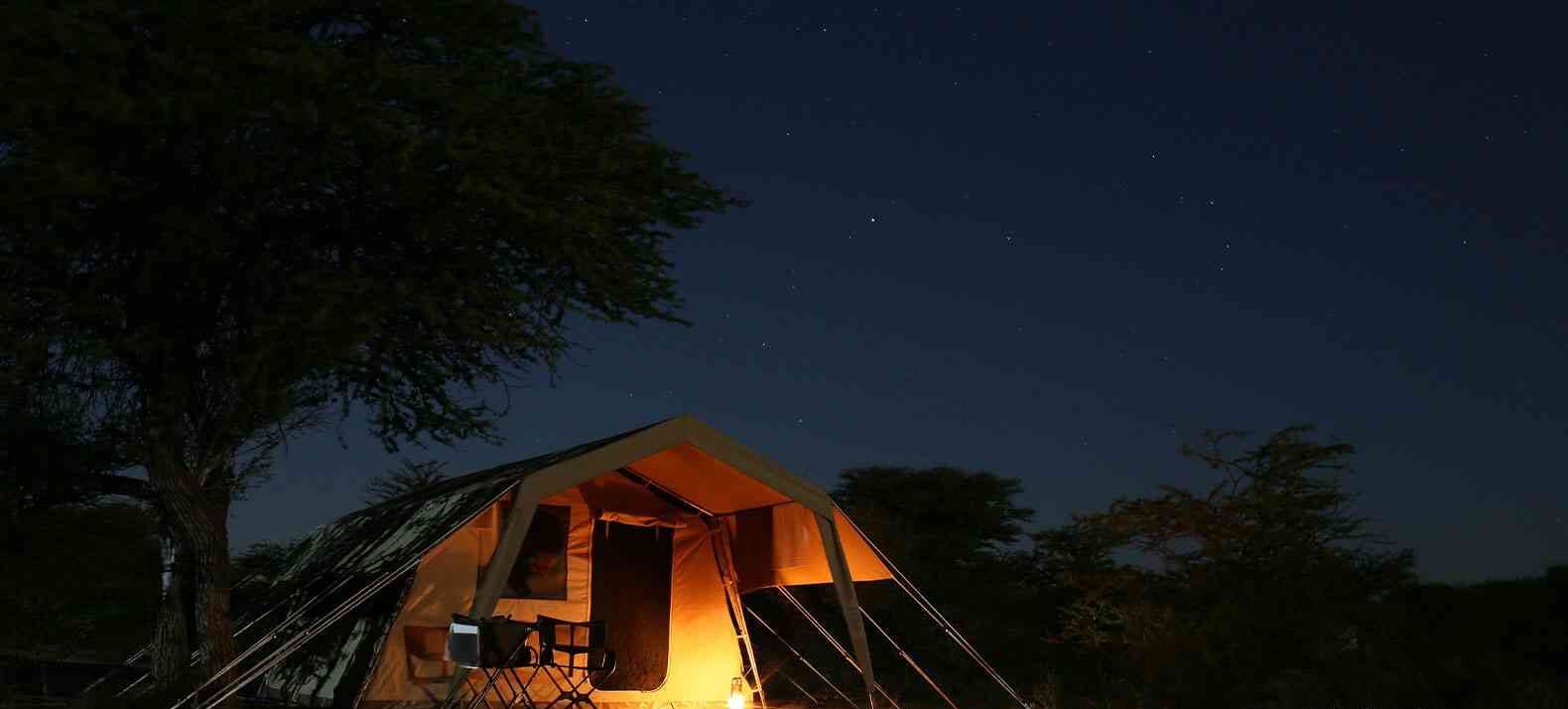
Electricity across most of Africa runs on 220–240 volts at 50Hz AC, which is the same standard used in Europe, the United Kingdom, Australia, New Zealand, and much of Asia, including India.
If you’re traveling from North America, you’ll need to bring both a plug adapter and a voltage converter, since North American devices typically operate on 110 volts. Using the right adapter ensures your electronics charge safely and helps you avoid damage to your equipment while on safari or at your lodge.
Plugs/Types:
Across Africa, the most common plug types you’ll encounter are Type M (used in South Africa), Type D (found in Namibia and parts of Southern Africa), and Type G, which follows the UK standard. Some countries also use Type C and Type F sockets, similar to those found in Europe.
Many modern hotels and lodges now install universal wall sockets that accommodate a variety of both two-prong and three-prong plugs, making it easier for international travelers.
If you’re visiting from North America or Japan, you’ll need an adapter for Type A and Type B plugs. Travelers from Australia will require an adapter for Type I plugs. Bringing a multi-country travel adapter is highly recommended to ensure your devices stay charged throughout your safari.
Country/Plug Type:
Not every safari lodge or tented camp in Africa provides electrical outlets inside guest rooms or tents, but you’ll always find a designated charging area for your camera, phone, or other electronic devices.
Many properties operate on solar power or generators, which may only run at specific times of the day. It’s a good idea to ask the camp manager about the charging schedule upon arrival to plan accordingly.
For guests on mobile safaris, some vehicles are equipped with power inverters, allowing you to charge camera and video batteries while on game drives. Bringing a portable power bank is also recommended to keep your devices ready for every moment of your safari adventure.
5. Mobile (Cell) Phone & Internet Access
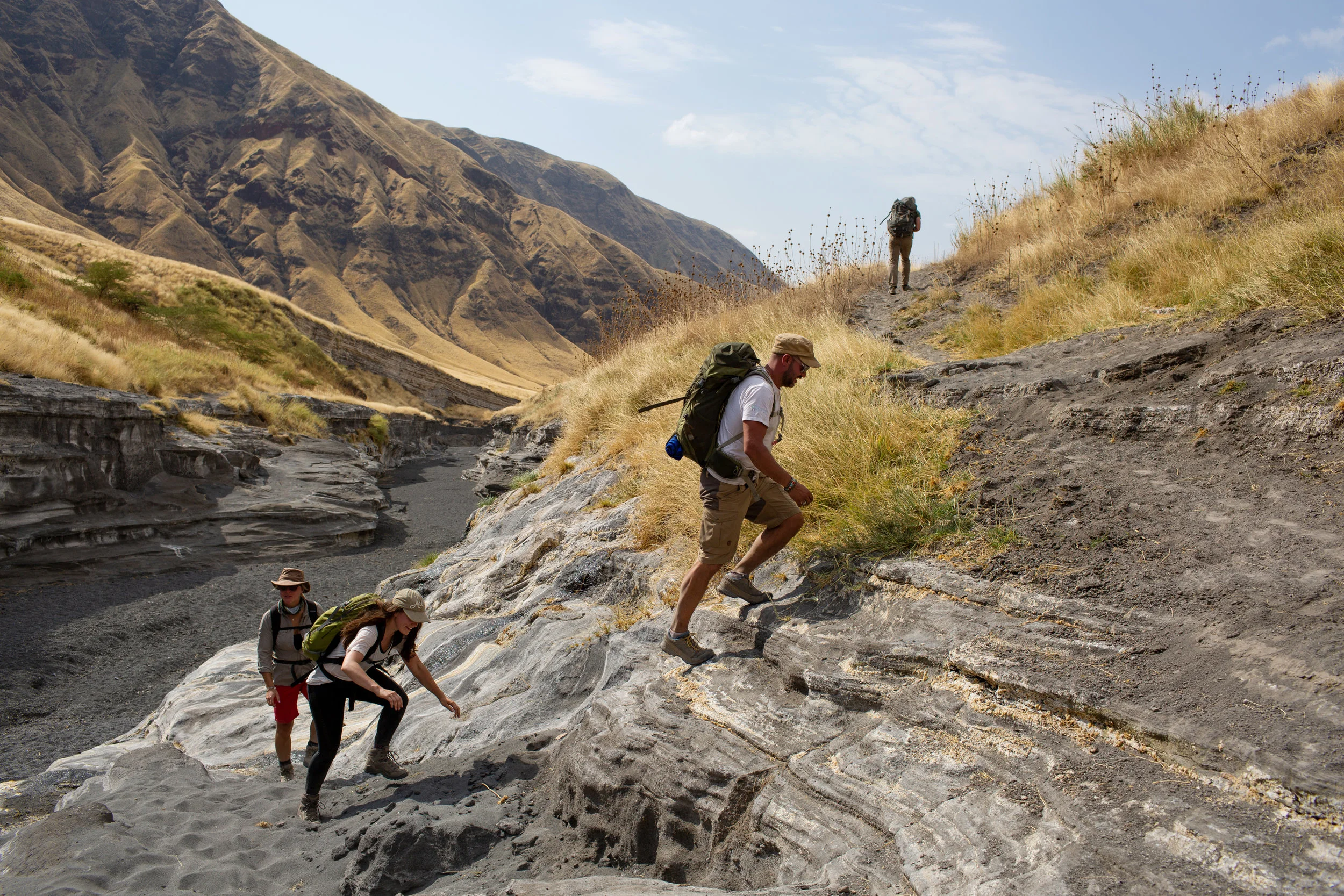
In Africa, communication networks are improving rapidly, though they may not always match the speed or reliability you’re used to at home. Mobile phone coverage and Wi-Fi access are now available in most towns and national parks, but some remote safari destinations remain blissfully disconnected — part of their natural charm.
Travel Tip: Before traveling, check with your mobile provider to ensure international roaming is activated on your phone. Most African countries operate on GSM networks at 900 MHz, with some offering 3G and 4G coverage. If you use a dual- or tri-band GSM phone, it should work perfectly. However, Wi-Fi is often a more affordable choice than roaming, helping you avoid expensive international charges.
Many safari lodges and camps now provide Wi-Fi access, either through the local communication grid or via satellite connection. It’s best to confirm with your travel consultant or lodge which properties offer internet access before your departure.
In the most isolated safari camps, traditional communication channels such as phone, fax, or email may not be available. In those cases, contact with the outside world is maintained through high-frequency (HF) radio systems, ensuring both safety and essential coordination while you stay immersed in the wilderness.
6. Water

While on safari, always drink bottled or purified water. All reputable camps and lodges provide safe drinking water, either bottled or filtered. Carry a bottle of water wherever you go — including during game drives, transfers, and excursions. If you’re unsure about the water quality at your lodge, ask the staff for guidance. When treated or bottled water isn’t available, avoid using tap water for brushing your teeth or adding ice to your drinks, and keep water purification tablets handy for emergencies.
The safari industry is increasingly committed to reducing plastic waste, and many lodges now supply reusable stainless-steel bottles that guests can refill with purified water. Adopting this eco-friendly habit not only protects the environment but also helps reduce the fuel used to transport plastic bottles to remote regions — and cuts down on the roadside pollution they create.
Remember, dehydration is a real risk in Africa’s warm climate. Drink water frequently throughout the day, especially during long drives and outdoor activities, to stay refreshed and healthy.
7. Dust
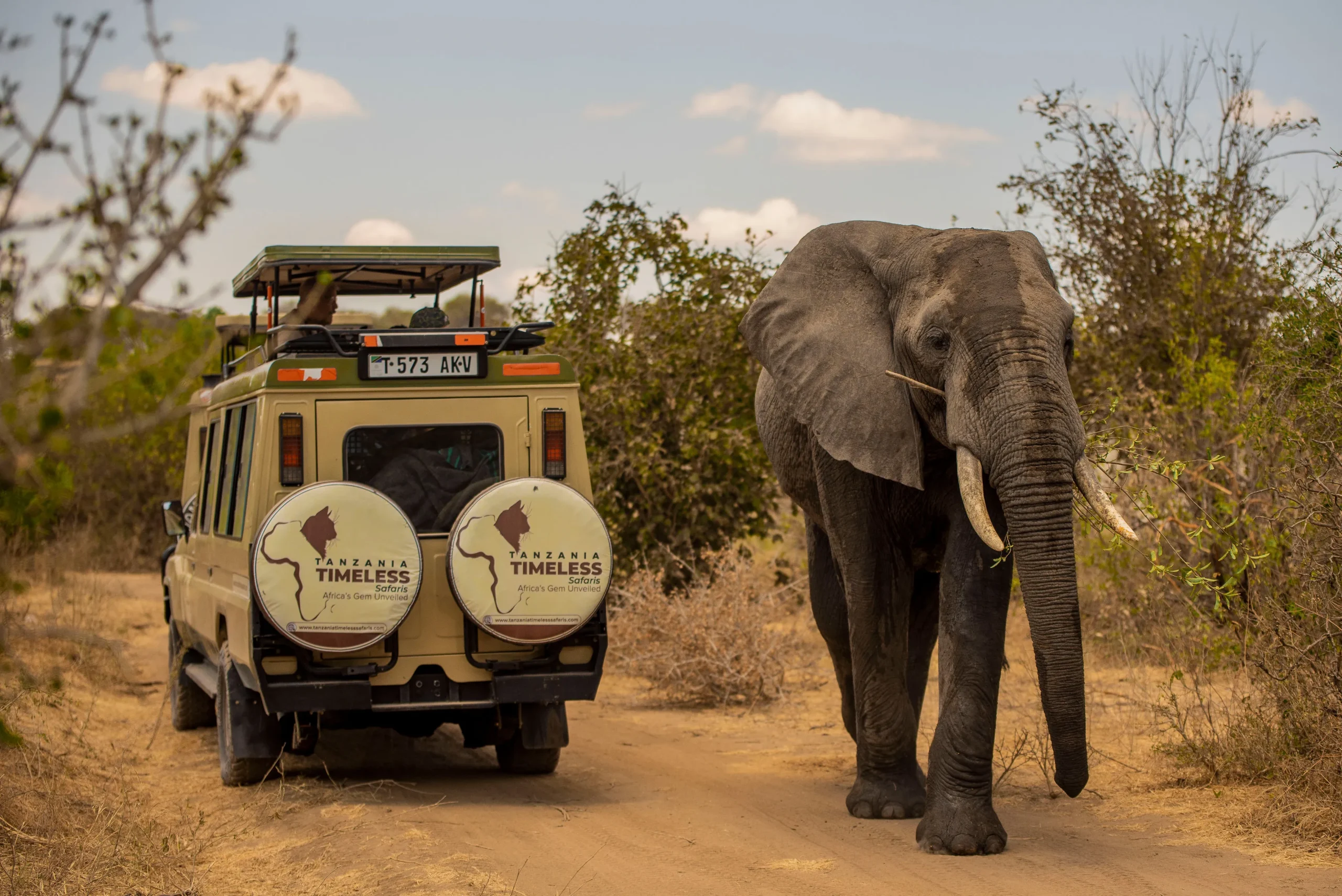
During the dry winter months (June to October), many African game reserves become very dusty, especially on open game drives. If you wear contact lenses, it’s best to bring lubricating eye drops and a pair of backup eyeglasses to prevent irritation caused by dust and wind.
Photographers should take extra care as well — keep your camera and video equipment clean, wipe lenses regularly, and store them in a protective camera bag when not in use. A simple cleaning kit and microfiber cloth can help maintain clear shots throughout your safari.
8. Tipping
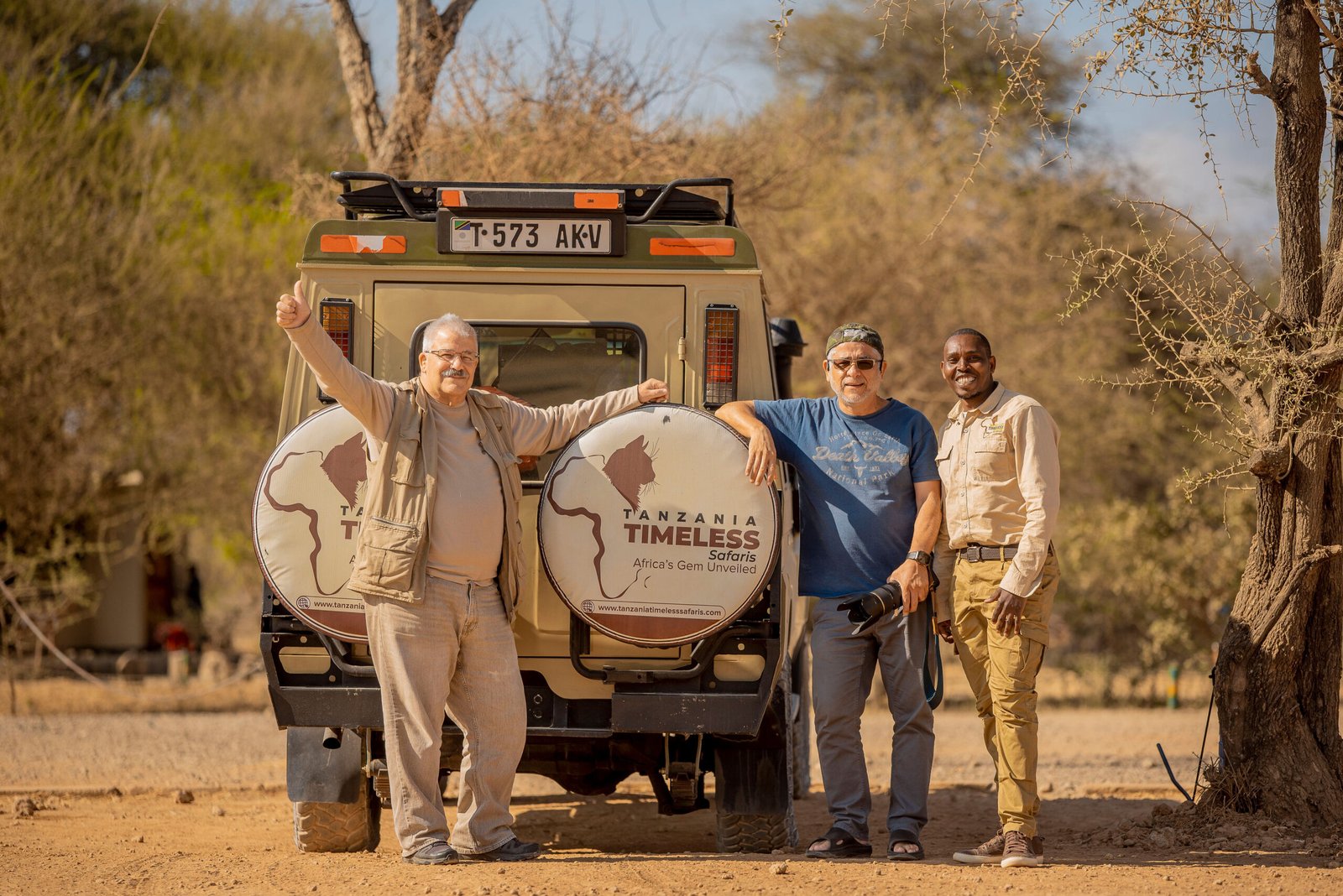
Many travelers wonder whether they should tip while on safari — and how much is appropriate. In Africa, tipping is not mandatory, but it is a long-standing custom and a meaningful way to show appreciation for excellent service. Gratuities for guides, drivers, and camp staff are usually not included in your safari package and are entirely at your discretion.
Even a small amount can make a real difference to local staff and is always received with sincere gratitude. Most safari lodges have a tip box at reception, which is shared among the team members who work behind the scenes — from housekeepers to kitchen staff.
When tipping directly, do so based on the level and quality of service you’ve received. There’s no fixed rule, but modest, thoughtful tips go a long way. You can tip in US dollars or local currency, whichever is most convenient. Always ensure your dollar notes are newer than the year 2000, as older ones are often not accepted.
If you’ve spent most of your safari with one dedicated guide or driver, consider offering a slightly higher tip to reflect their effort and enthusiasm. Rewarding exceptional service is always appreciated and helps recognize the guide’s commitment to making your experience memorable. Adjust your gratuity based on your overall satisfaction and the quality of service you’ve received.
9. What to Wear on Safari
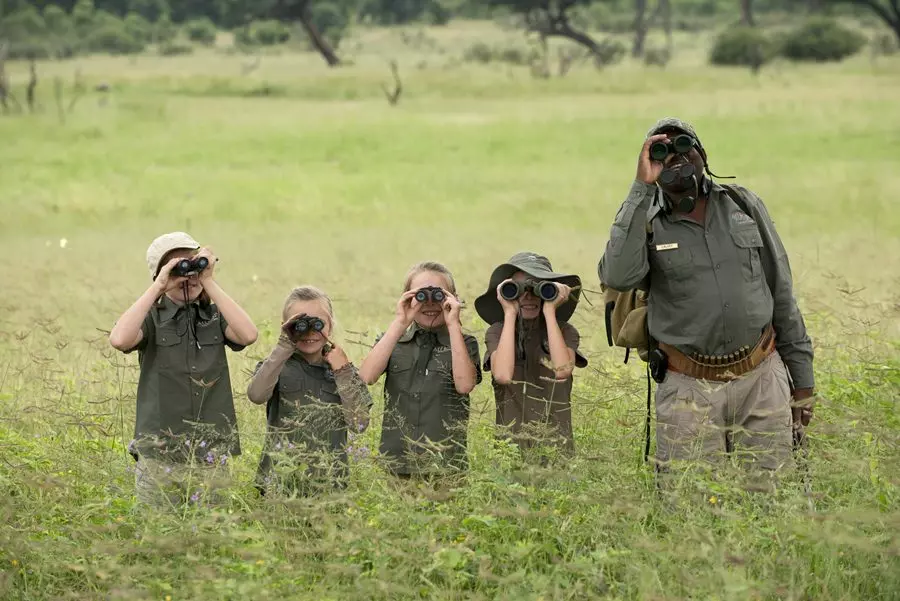
Dressing appropriately for safari enhances both comfort and experience. Choose lightweight, breathable fabrics in neutral earth tones such as khaki, beige, and olive green. These colors blend seamlessly with the natural surroundings and help keep you cool under the African sun. Avoid dark shades like black or navy, which attract heat and tsetse flies, as well as bright colors that can disturb wildlife. Early mornings and evenings can be cool, so carry a light jacket or fleece for layering.
For daytime activities, long-sleeved shirts and trousers offer excellent protection from the sun, dust, and insects, while shorts are ideal during the warmer hours inside the safari vehicle. A wide-brimmed hat provides essential shade, and UV-protective sunglasses shield your eyes from glare. Bring a light scarf or buff to protect your face from dust on open drives.
When it comes to footwear, choose comfortable closed shoes or lightweight hiking boots for walking safaris. Boots are recommended but not essential — well-cushioned sneakers work just as well. Pack a pair of sandals or slip-ons for relaxing around the camp or lodge after your adventures.
By dressing smartly and practically, you’ll stay comfortable, protected, and perfectly prepared to enjoy every moment of your African safari. Read more on What To Wear On Safari.
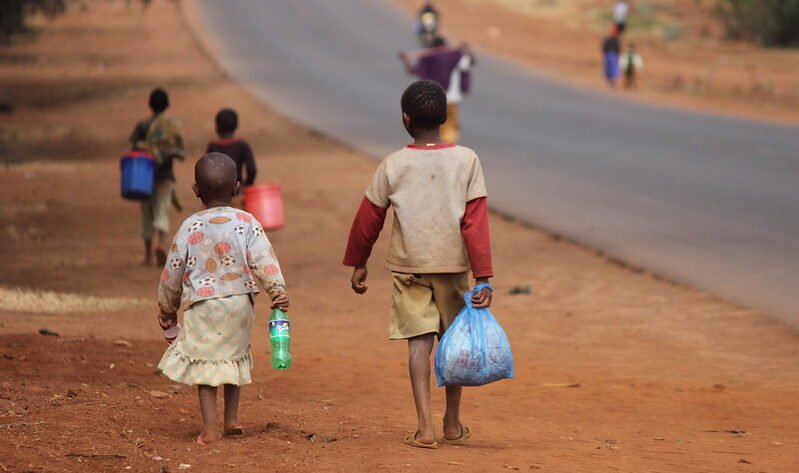
Responsible Giving on Safari: How to Support Local Communities the Right Way
Many travelers visiting Africa feel a genuine desire to give back to the communities they meet — whether it’s during a village tour, a school visit, or while on safari. The best approach is to find meaningful opportunities to help once you’re there, rather than bringing random gifts from home.
Most safari lodges and camps are already involved in local development projects, supporting schools, health clinics, and community initiatives. Ask your guide or camp manager about these programs and, if possible, visit one in person. Making a direct donation to a project you’ve seen not only ensures your contribution reaches the right people but also creates a lasting impact by helping communities become more self-reliant.
While the impulse to help is admirable, avoid giving handouts such as money, sweets, or small gifts to children along the roadside. This kind of giving encourages dependency and can harm community dignity over time. Instead, support local programs that empower people to help themselves.
A thoughtful and fun idea is to bring a soccer ball (football) — a simple gift that brings joy to many children. For more suggestions, you can explore organizations like Pack for a Purpose, which connect travelers with responsible ways to contribute.
Are You Planning to Visit Africa? Tanzania Is the Best Place to Start
If you’re planning to visit Africa, there’s no better place to begin than Tanzania. It’s a country where every sunrise brings a new adventure and every horizon tells a story. Here, the rhythm of the wild beats strong — from the endless plains of the Serengeti to the natural wonder of the Ngorongoro Crater. You can witness the Great Migration, meet the Maasai people, or unwind on the white sands of Zanzibar. Tanzania captures the true essence of Africa with its breathtaking wildlife, warm hospitality, and diverse landscapes. It’s not just the best destination in Africa — it’s the heart of it.
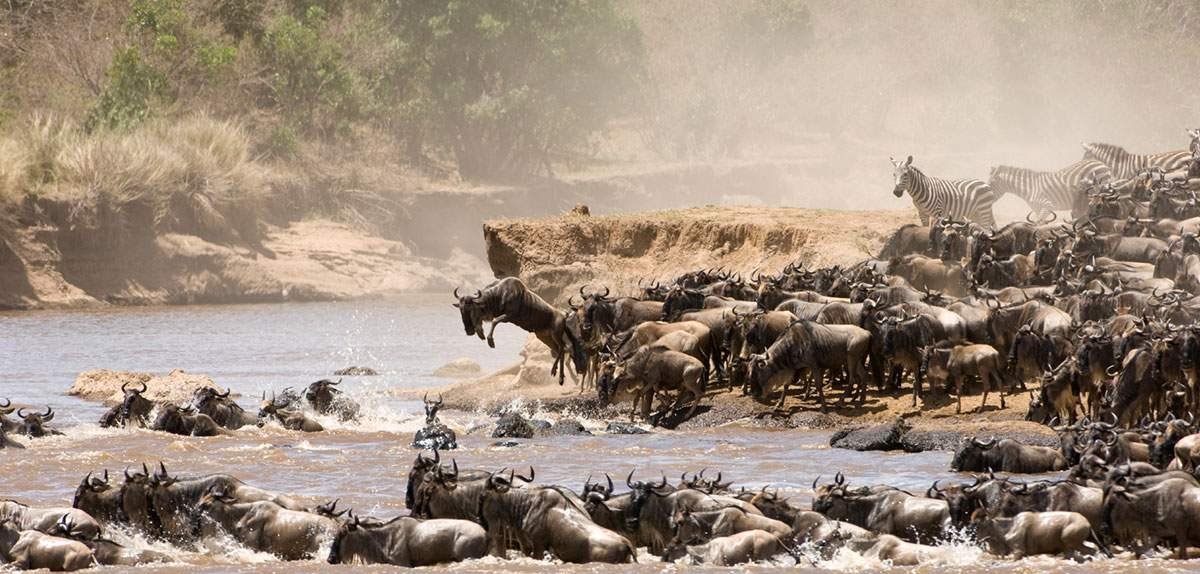
Wondering Who Can Help You Plan the Perfect Tanzania Safari?
The answer is simple, Tanzania Timeless Safaris. We are a local, registered company that knows Tanzania better than anyone else. Our team creates personalized Tanzania safari packages that blend luxury, adventure, and authentic cultural experiences. We know when to visit, where to stay, and how to make every moment unforgettable. From private game drives to handpicked lodges and smooth logistics, every detail is handled with care. When you travel with us, you don’t just visit Tanzania — you experience it through the eyes of passionate local experts who call it home.
